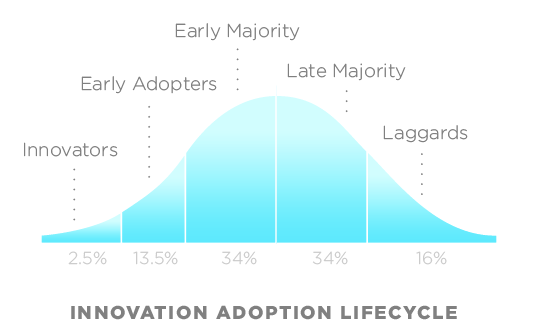Open source software has evolved from a movement into a big business. Gitlab, Confluent, Databricks, MongoDB, Elastic, Snyk, Hashicorp, Mulesoft, have become huge companies using open source software.
Across, just these they have generated about $100b in market cap.
| Company | Status | Market Cap or M&A Value, $B |
|---|---|---|
| Databricks | Private | 38 |
| MongoDB | Public | 28 |
| Confluent | Public | 10 |
| Gitlab | Public | 7.7 |
| Elastic | Public | 7 |
| Mulesoft | Acquired | 6.5 |
| Hashicorp | Public | 5.5 |
| Total | 104 |
Early on, open source pioneers viewed software freedom as an end unto itself. They encouraged permissive licensing so anyone could use, modify, and distribute their code.
Fast forward to today : open source has become a go-to market strategy for many software startups because it presents a powerful antidote to monotonically increasing acquisition costs.
In the early days of an open source project, broad licenses like the MIT or Apache licenses, which empower users to use the software in almost any way, encourage adoption. Open source is a marketing strategy that fills the top of the sales funnel with users who may later convert to paying customers.
But over time, tension emerges between the company and its community. These permissive licenses might enable competitors to offer competing products or clouds to host managed versions. Sometimes, the open source software’s capabilities are powerful enough to satisfy potentially paying users.
| Company | Starting License | Current License |
|---|---|---|
| Databricks | Apache | Apache |
| Mongo | AGPL | Server Side Public License |
| Confluent | Apache | Confluent Community License |
| Gitlab | MIT | Gitlab Enterprise Edition |
| Elastic | Apache | Elastic License & SSPL |
| Hashicorp | Mozilla Public License | Business Source License |
As an open-source startup matures, many open source companies change their licensing. Elastic, MongoDB, & Gitlab started with open source, but later added restrictions to convert community users into paying customers & prevent clouds from offering competing products.
The community backlash is predictable. Developers lament the death of free software. But from a business perspective, this progression is logical.
Companies a transition from one pricing model to another : Open source marketing strategy achieves penetration early on. At scale, startups pivot to maximization to extract the most dollars from their customers.
 Image credit : Wikipedia
Image credit : Wikipedia
This transition typically occurs when a technology has entered the early / late majority stage of technology diffusion. Revenue is concentrated in the top accounts & future growth lies in those enterprises, too. This focus up-market creates opportunity for new startups to repeat the cycle with less restrictive licenses.